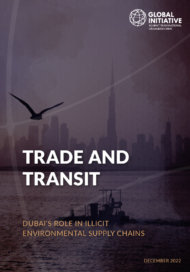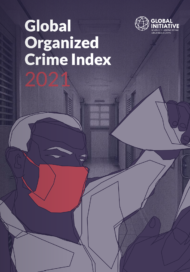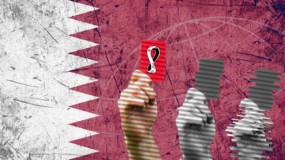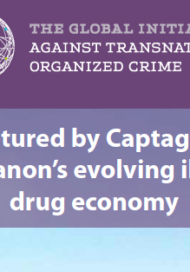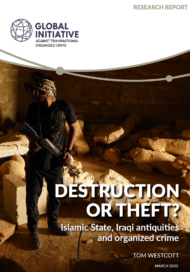Posted on 13 Dec 2022
Dubai’s location and post-oil economic diversification and development strategy have reshaped the emirate from a small fishing village to a global leader in finance, trade and transport logistics. As a result, the emirate has also become a prime target for illicit actors moving goods such as wildlife, flora, and precious stones and metals to destinations all over the world.
Emblematic of the emirate’s dual role are its numerous free trade zones (FTZs), developed to attract foreign businesses and investors, while unintentionally serving as hotbeds for criminal actors to not only transport environmental commodities with impunity, but to reap the profits from these illicit activities by taking advantage of regulatory loopholes and the lack of oversight.
As with other trade hubs, Dubai’s role as a preeminent transit and destination for environmental commodities represents specific vulnerabilities for criminals to exploit. As a transit corridor, consignments of illicit environmental products are less likely to be checked for simply passing through the emirate’s busy ports and airports and more likely to avoid detection amid the large volume of licit products that pass through. Similarly, for many of the commodities that end up in Dubai, insufficient enforcement of requirements for proper documentation continues to perpetuate illicit markets in source countries and throughout supply chains.
What sets Dubai apart from other major hubs is the emirate’s unusual character, a blend of indigenous Arabic and Islamic traditions and Western business and legal practices. This unique mix extends to the environmental commodities that illicitly pass through the emirate, the drivers that perpetuate supply chains, and the nature of response measures. When coupled with the fact that an illicit trade often exists alongside a legal market, ascertaining the exact size of Dubai’s illicit environmental markets becomes challenging.
